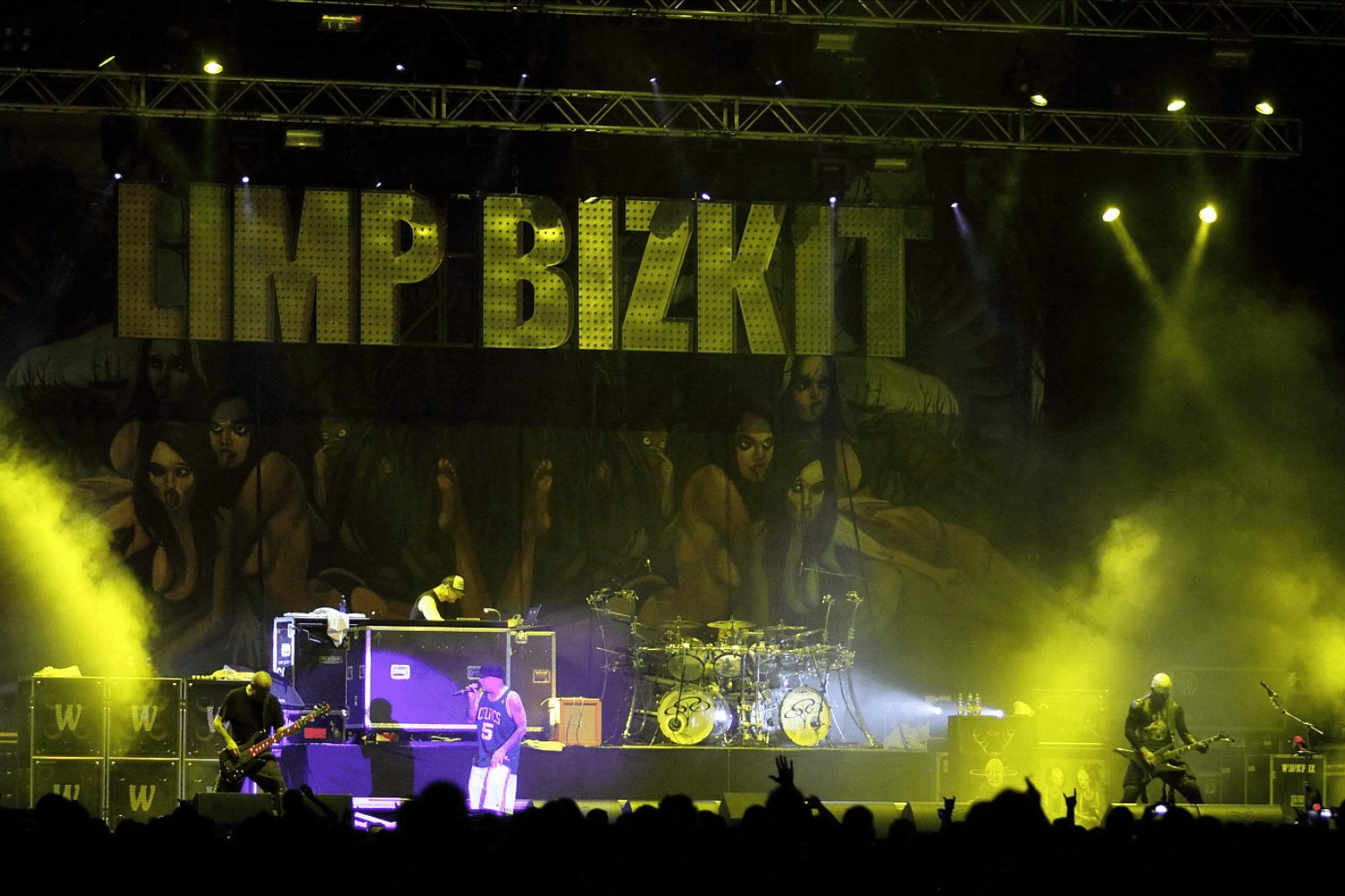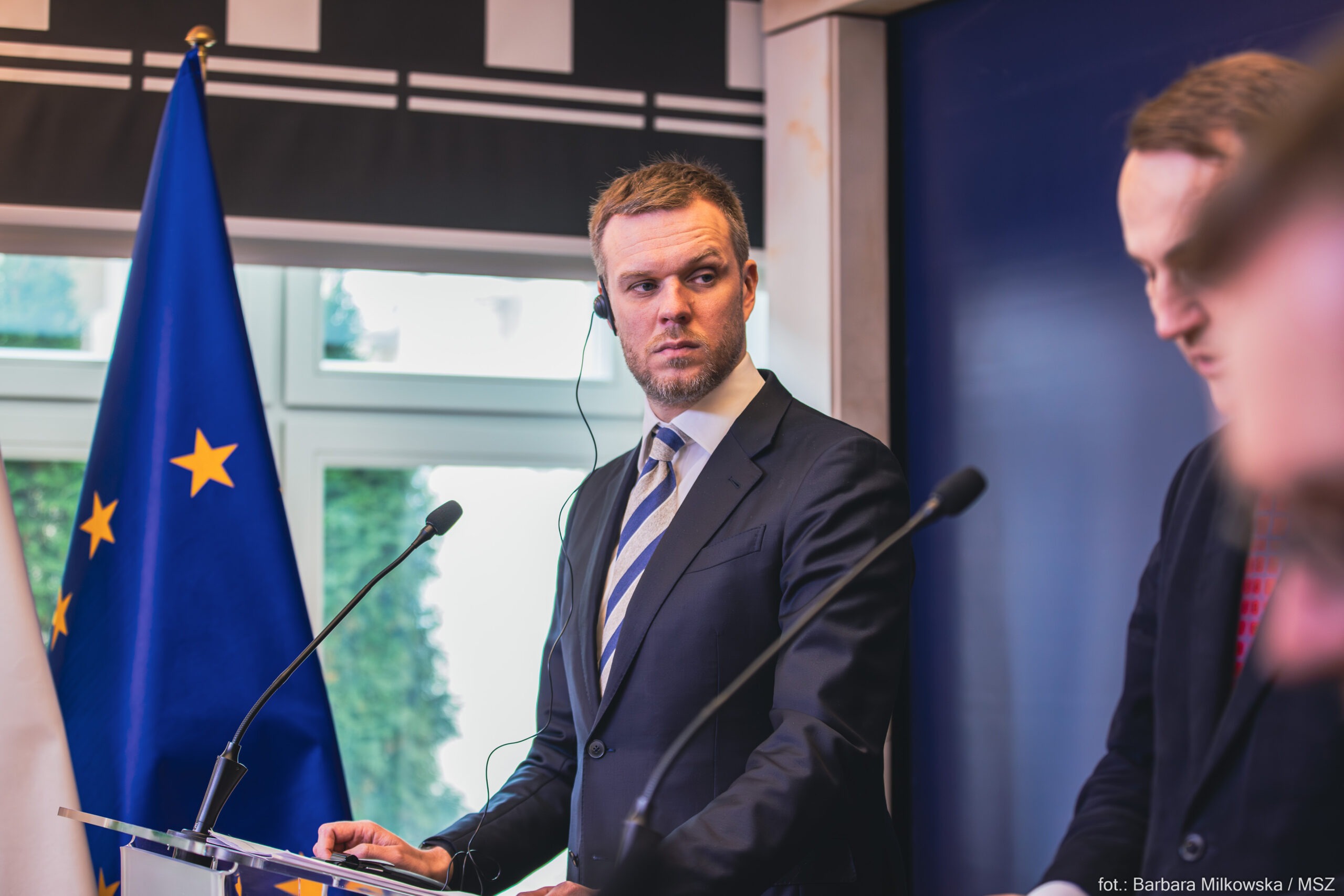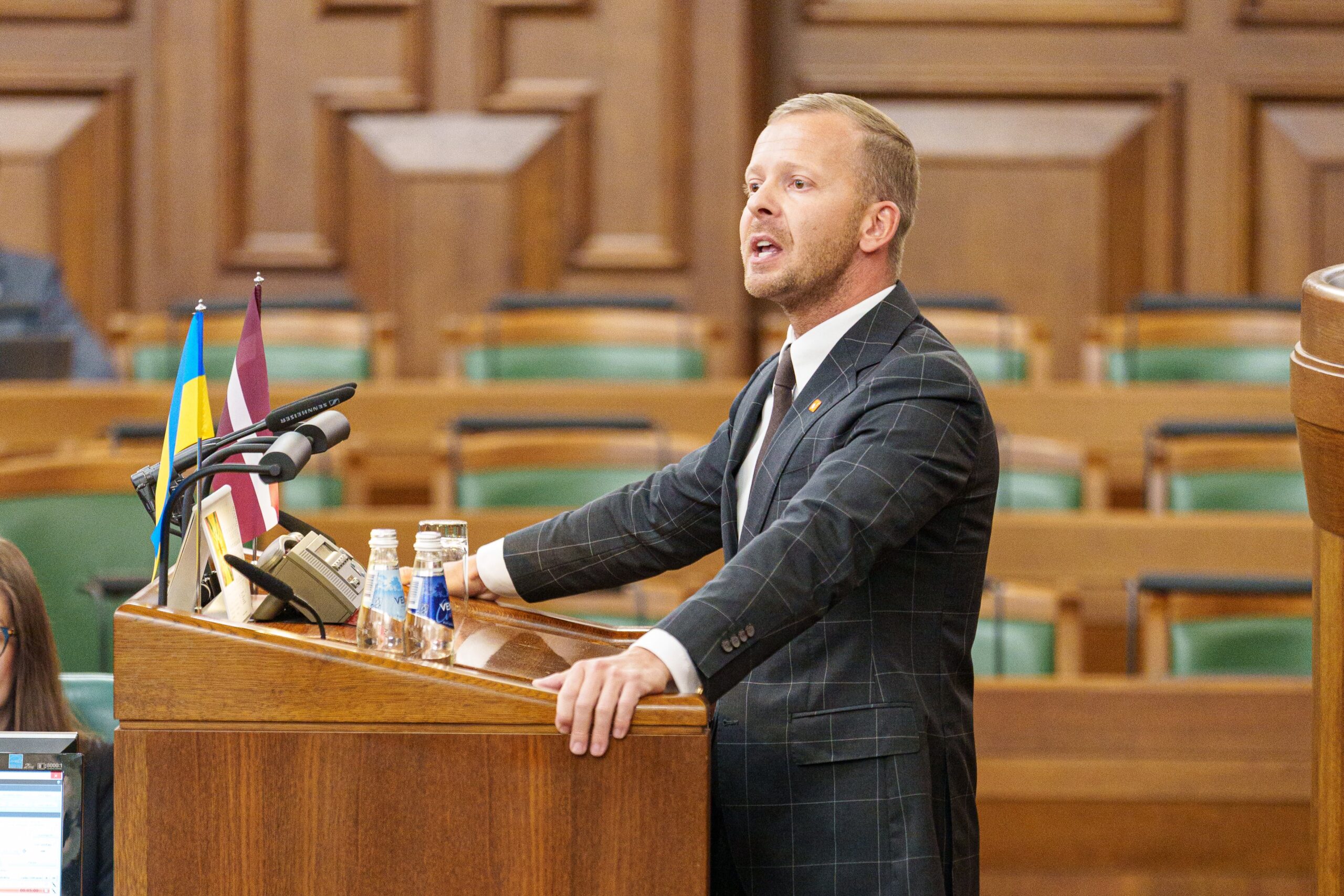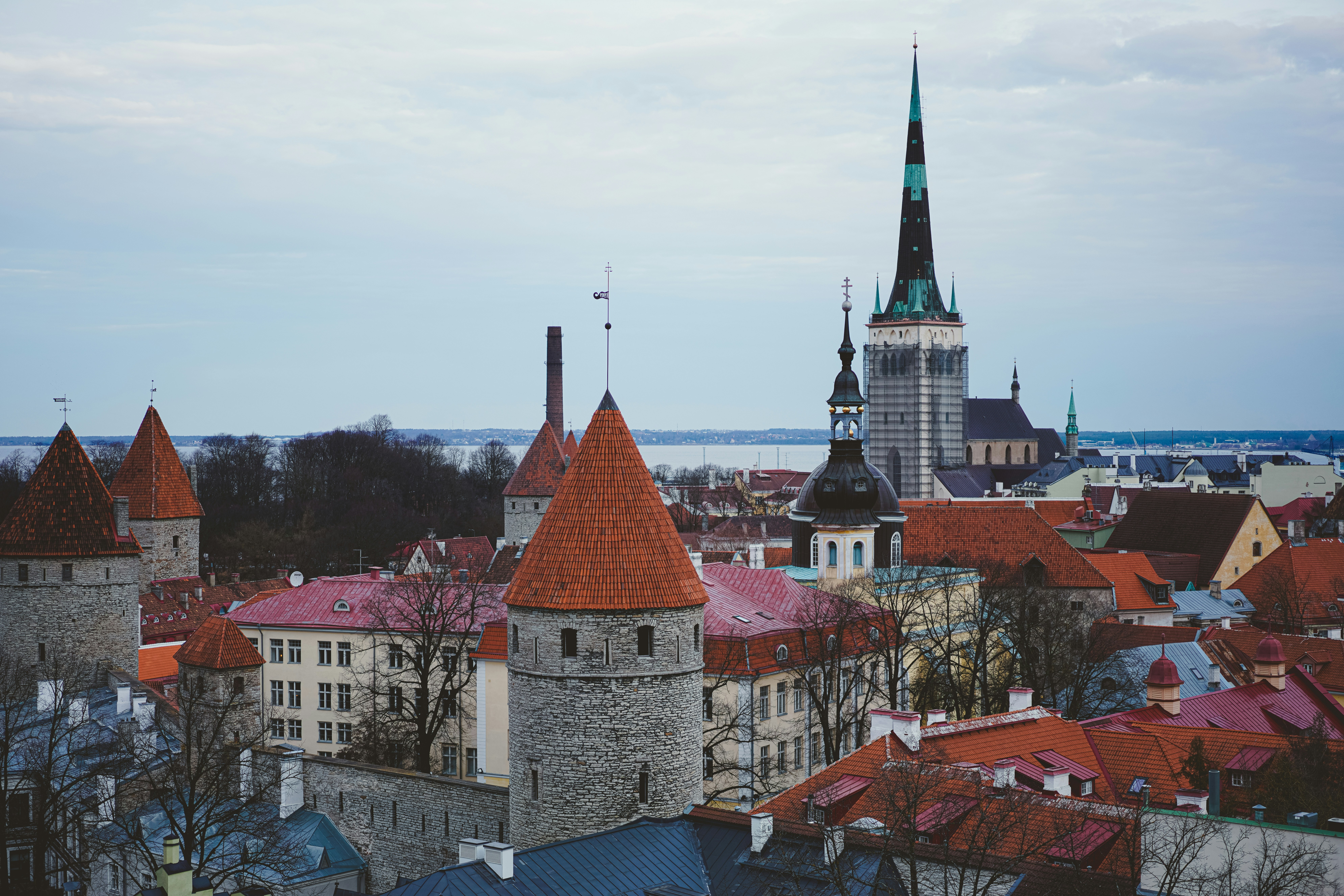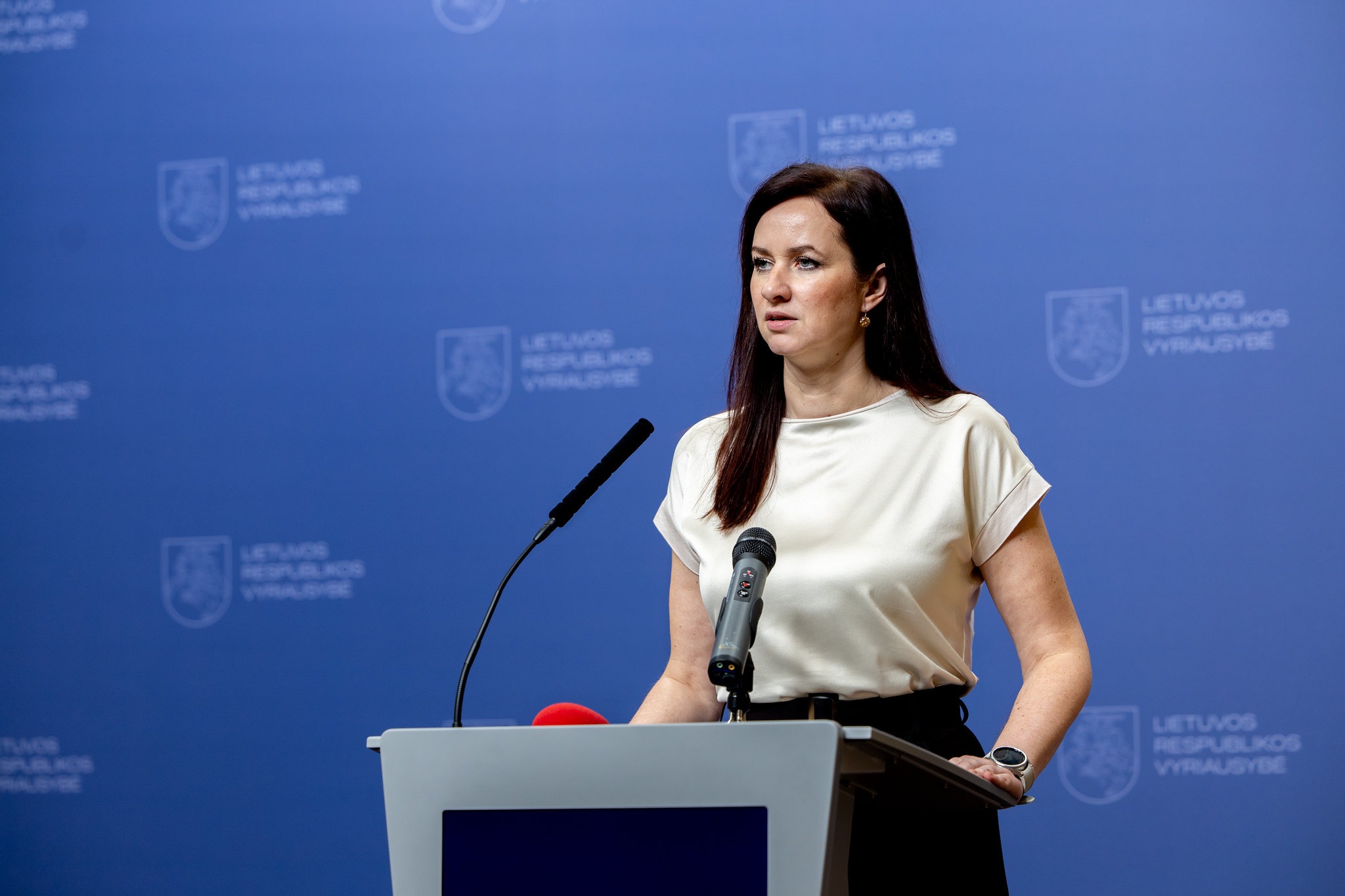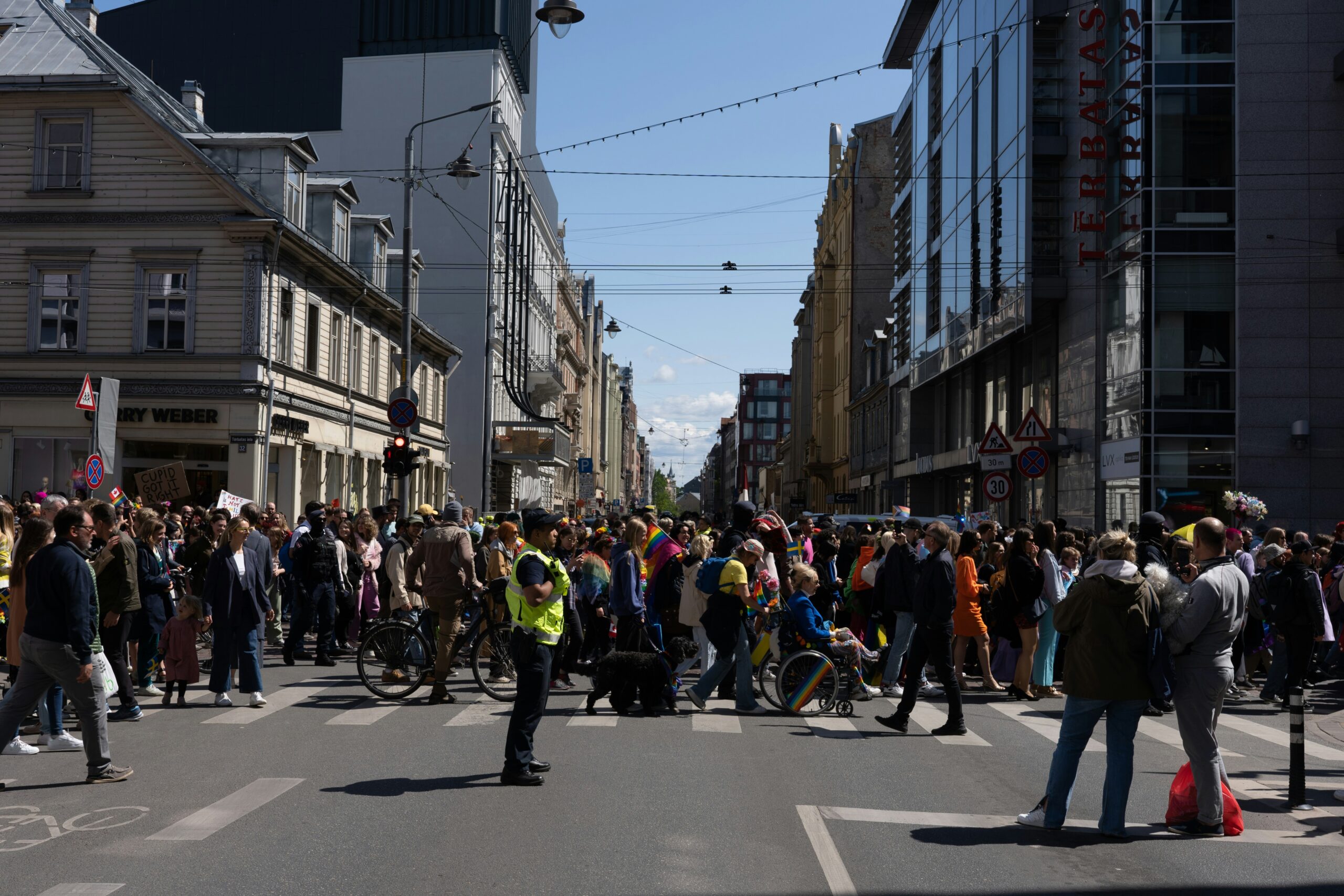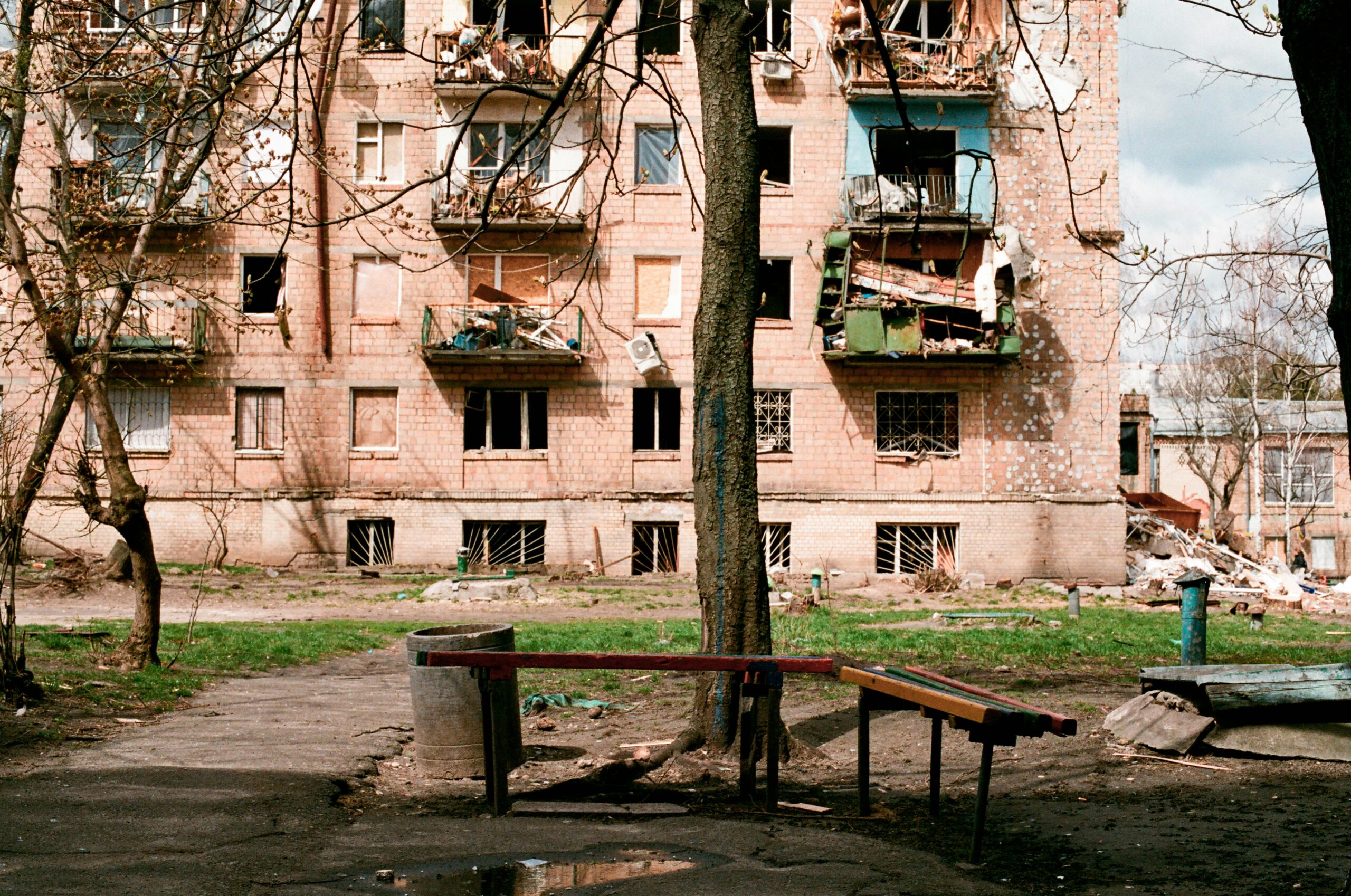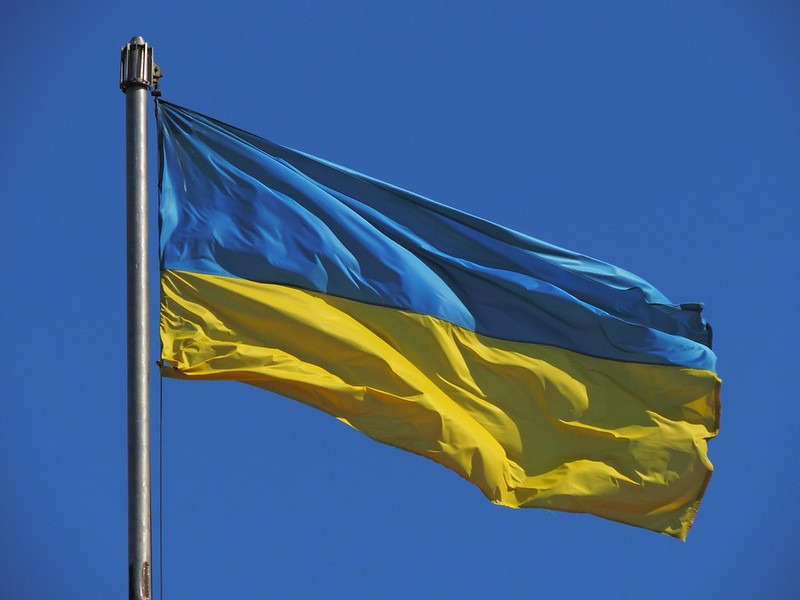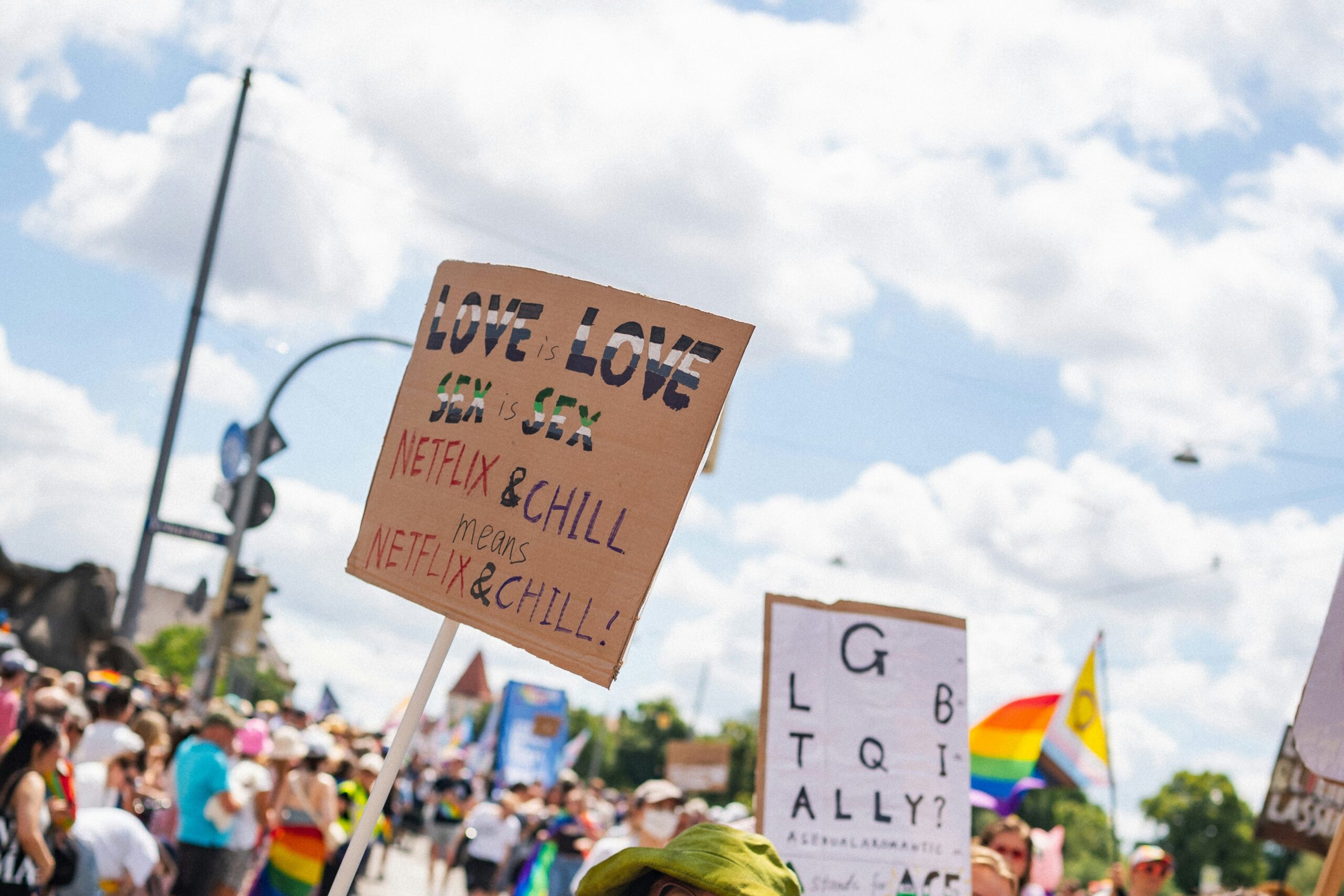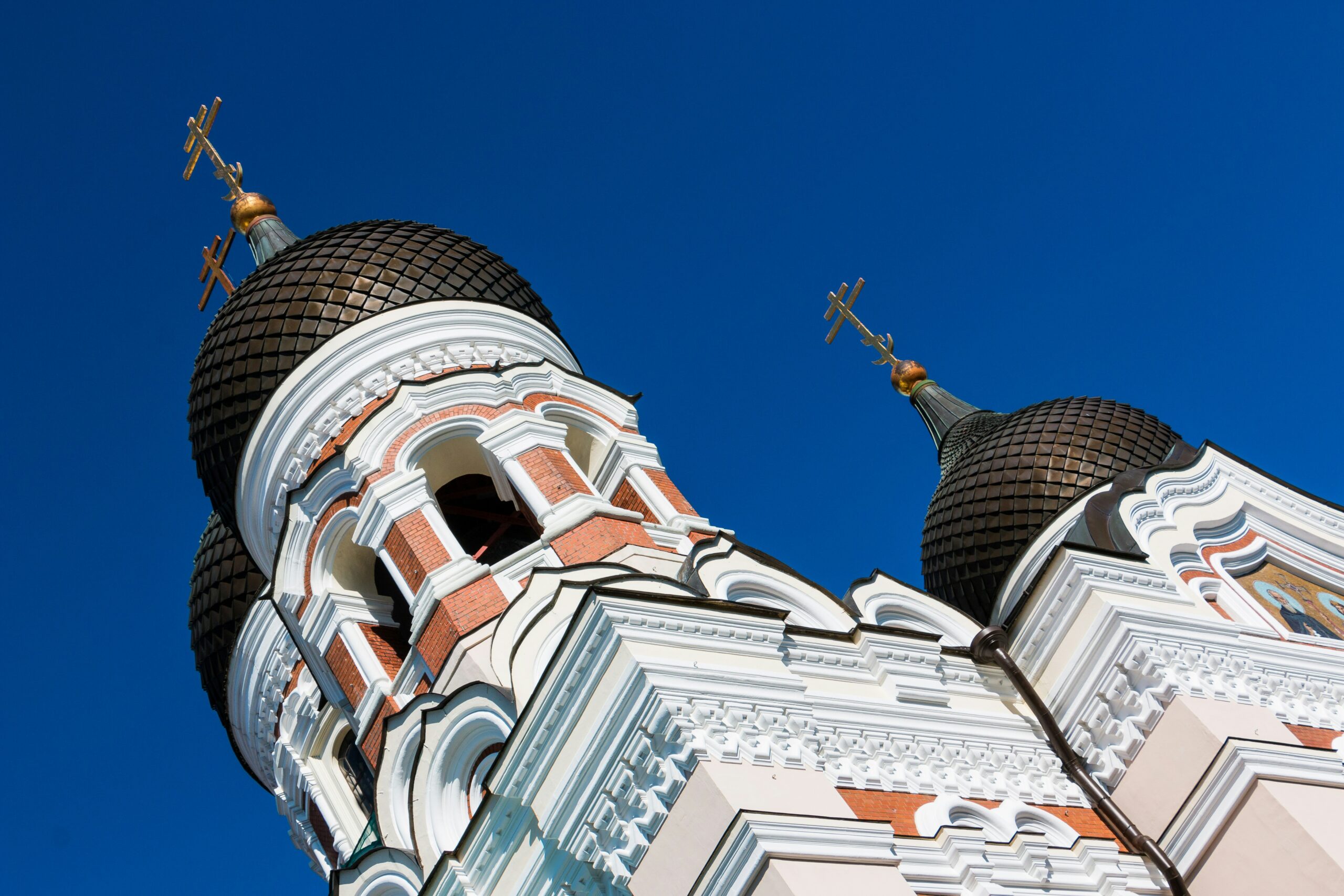
Main narratives:
- Discrimination against Russian Orthodox believers in Estonia;
- The West has double standards about war and peace.
Overview:
Last week, Russian-speaking Facebook users once again turned their attention to the Churches and Congregations Act, which originally included provisions aimed at the Estonian Orthodox Church of the Moscow Patriarchate (now renamed), requiring it to fully sever all ties – including canonical ones – with the Moscow Patriarchate.
In late January, the draft law on churches and congregations was submitted to the parliament. In April, the law – which sparked significant public debate – was passed, but the President refused to promulgate it and sent it back for revision. On Wednesday, June 18, the amended version of the Churches and Congregations Act was passed again.
Parliament removed the clause prohibiting leadership from individuals residing in foreign countries and wielding significant influence, as the President deemed the wording too broad and potentially open to over-interpretation. Additionally, the law was reworded so that a church or congregation may not, based on its statutes, be economically tied to a religious center or leadership located abroad and considered a threat to Estonia.
Representatives of the Church immediately issued a statement asserting that the adopted version of the bill included only partial changes and failed to eliminate its core constitutional contradictions. According to them, the law still allows for state interference in the internal affairs of religious organizations.
As a result, the dominant view in Facebook comments continued to align with the Kremlin’s narrative – namely, that “the Orthodox Church in Estonia is being persecuted.” It is evident that any further developments around the revised Churches and Congregations Act will likely contribute to the promotion of this narrative.
Another topic that pro-Kremlin online commentators discussed on social media was the US strikes in Iran. They condemned the strikes as evidence of US aggression and irresponsibility, portraying America as the destabilising force in the Middle East. Moreover, they accused the US of double standards, which, in their opinion, should excuse Moscow from any wrongdoing in Ukraine and elsewhere, as they proclaimed that the time of the great powers has come.

